I Hit a Wall. Now What?
What to do when nothing you write is good enough.
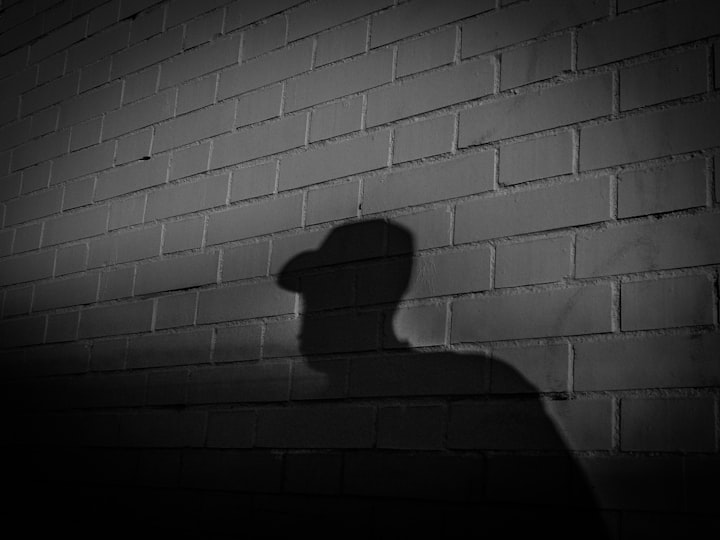
Every writer gets to a point when they feel like they have exhausted all of their creative energy. I just didn't expect mine to come so soon. A month ago, I felt as though I was on top of the world as far as my Vocal writing career went after getting two back to back staff-picked stories (as they were called at the time).
My first big breakthrough on here came when I wrote a story about my biggest Vocal flops and what I did wrong and the next day after pushing through my half-asleep haze to finish it, my story comparing Glee songs to 2020 also became a hit. But since then, I have struggled to produce any stories that have resulted in the same kind of success and to put it simply, it sucks.
It's true that some of my stories have gotten a decent amount of views since then, but let's be honest, we all want to receive an email saying our story has been picked as a top story, as well as the $10 tip that comes along with it. So what do we do when none of our stories are hitting the mark?
Take a Break
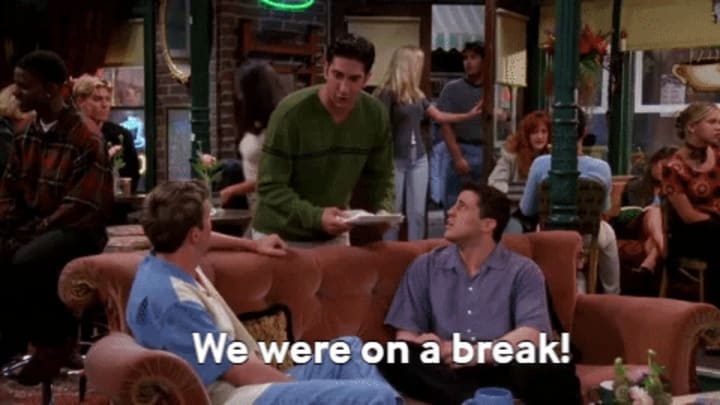
The first thing I did when I realized I was stuck was take a break from writing. I went from a straight month of consistently posting three to four stories a week on here to going almost three weeks without writing anything. Admittedly, the break was pretty involuntary because I just had nothing to write, but it turns out that the time away did me some good.
Sometimes taking a step back from writing and focusing on other things is what we need to offer some new perspective or to rejuvenate us. Just be careful that your break from writing doesn't turn into a breakup with writing.
Consume Other Stories
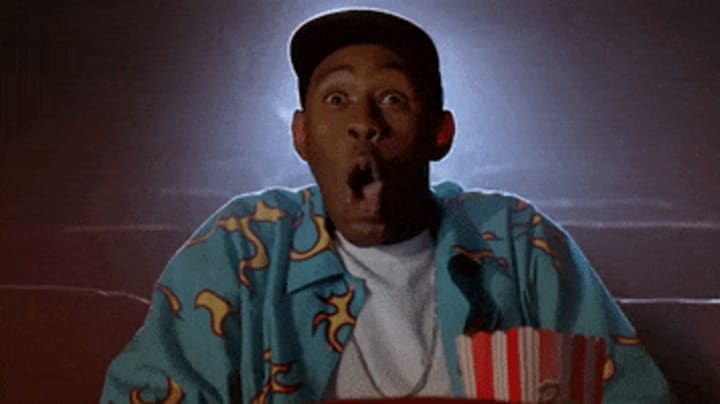
Notice I said "consume other stories" and not "read other stories". It's common advice to tell writers that in order to be a better writer, you have to be a better reader, but I think in order to be a better writer you also have to be a better watcher, a better listener, and a better feeler.
Since stepping back from writing on Vocal I've still read several stories on here almost every day. My favorite Vocal writer right now is Laquesha Bailey, who has been killing it recently (seriously, it seems like every other day she has a top story). So I was continuing to read, but I also consumed stories in other ways that wasn't just through reading.
In the past few weeks, I've spent a lot of time doing two things: listening to music and watching a lot of movies. And I mean, really listening and watching, not just having the songs in movies playing as background noise. And surprisingly, it has inspired me to write more and write better.
The fact is that all art is storytelling. And when we consume art in any way and we pay attention to what it is we're consuming, whether it's paying attention to song lyrics or the details of a movie plot, it makes us better storytellers.
Write Everything

It may seem a bit contradictory to say "take a break from writing" and then to say that you should write everything, but it's not really. The thing is that even though I was not writing extensively or really producing any finished content in these past few weeks, any time I had an idea for a story, I made sure to write it down. Currently, I have four pages worth of unfinished story drafts on Vocal. Some of them are just a few sentences or bullet points, while others are just story titles. The point is, that I make sure to make note of every single idea I have so that when I have the energy and inspiration to actually expound on these ideas, I have something to start with.
The more I write, the more it allows me to be more critical of my work as well and this is something that all artists practice (or should). Most successful music artists go through a process when creating an album. They record a lot of songs and then choose the best ones to put onto the finished project. Writing should also be like that. Not every story I write is good enough for public consumption, but I'll never know what is my best idea and what isn't, if I'm not writing everything that I possibly can.
Write What You Want
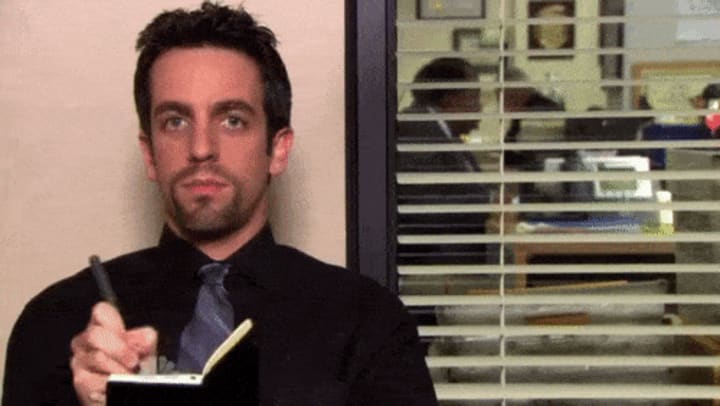
When I read some of the stories that I wrote after my initial peak, it makes me cringe. In an effort to try to outsmart the moderators, I wrote stories about things like the love triangle between Joshua Bassett, Olivia Rodrigo, and Sabrina Carpenter, which I was only mildly interested in and some half-assed predictions about season 13 of RuPaul's Drag Race, which I wrote some hours before the premiere because I thought it would get me a lot of views (it did, but that's not the point). These were stories that weren't really important to me and when I read them, it shows.
My second staff-picked story and my second most read story on here was one that I did not think people would enjoy at all. I didn't think anyone would care about which Glee songs accurately described 2020, but I wrote it simply because I wanted to and I enjoyed it. It's easy to try to write what we think people are going to want to read, rather than what we want to write. There's nothing wrong with writing about the latest celebrity drama or the most talked about show on TV, but if it doesn't excite you to write it, then it's not worth writing. And when you're not excited about it, the readers can tell, including the Vocal moderators.
Fail
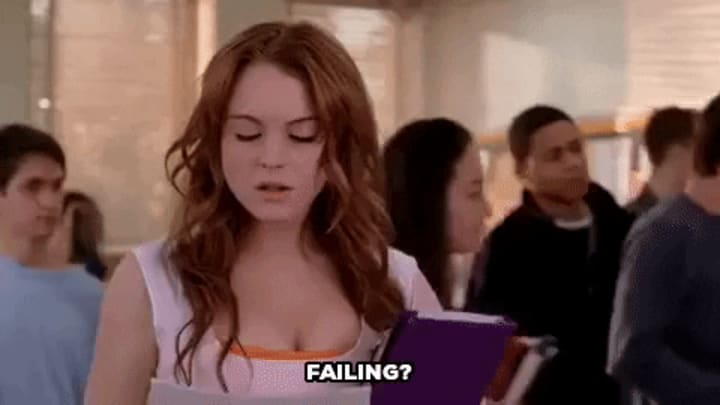
Okay, I'll admit the irony of me saying that you should fail after my first staff-picked story was titled, 5 of My Stories Flopped, But Yours Don't Have To. But the truth is, even though that makes for a really great title, it's impossible to succeed without failing sometimes.
As writers, when we publish things, we are always opening ourselves up to criticism and to the fact that not everyone will like our work as much as we do, and that's okay. Even though some of my stories that I have written in the last month or so have not been ones that I am proud of, some stories such as Top 10 Verzuz Battles That Will Never Happen and my story about why Obama shouldn't be criticized for stepping back from political conversations, were some of my best work, I feel. But did they make it to the top stories? No. Do I regret writing them because of that? No.
Failure is subjective and every failure can be a success in some areas, even if it just means learning from it or being proud of what you've created anyway. So when you write, never be afraid to fail.
In conclusion... the only way out is through.
It can be easy to feel like you might be a one-hit wonder (or in my case, a two-hit wonder) but sometimes the only way to overcome a wall that is standing in the way of your next success is to go through it... but that doesn't mean it will be easy.

If you enjoyed this article, feel free to leave a like and/or tip and check out some of my other stories. Also, follow me on Instagram @c.r.hughes
About the Creator
C.R. Hughes
I write things sometimes. Tips are always appreciated.






Comments
There are no comments for this story
Be the first to respond and start the conversation.